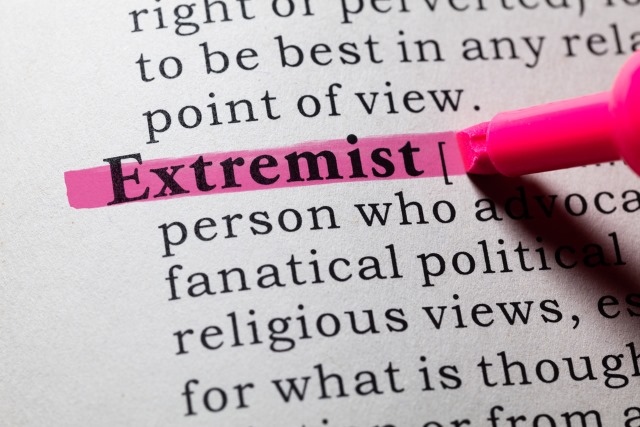Microsoft, Google, Twitter and Facebook to work with UK government to tackle extremist content

Following UK home secretary Amber Rudd's suggestion that encrypted messaging service WhatsApp was 'a secret place to hide' for terrorists, four major technology companies met with the minister to discuss the removal of extremist material from websites and social media.
Microsoft, Google, Twitter and Facebook met with Rudd amid calls from civil liberties groups for greater transparency. Following the meeting, senior executives from each company signed a statement indicating that they are ready to work with the government to tackle the problem. The matter of backdoors into encrypted apps and services, however, remained off the table.
In the joint statement, the four tech firms said: "Our companies are committed to making our platforms a hostile space for those who seek to do harm and we have been working on this issue for several years. We share the government’s commitment to ensuring terrorists do not have a voice online."
It goes on to say that the technology companies are willing to work together and share ideas to help tackle the "danger of terrorist propaganda online." Looking to head off any potential criticism of backroom dealings, the statement says: "Each of our companies also commits to urgently improve that collaboration, with appropriate transparency and civil society involvement."
In a very brief statement issued online, Rudd said of the meeting:
It was a useful discussion and I’m glad to see that progress has been made. We focused on the issue of access to terrorist propaganda online and the very real and evolving threat it poses. I said I wanted to see this tackled head-on and I welcome the commitment from the key players to set up a cross-industry forum that will help to do this. In taking forward this work I'd like to see the industry to go further and faster in not only removing online terrorist content but stopping it going up in the first place.
The representatives of Google, Facebook, Twitter and Microsoft point to the video hash sharing database that's already in use, but set out three goals for future collaboration:
First, to encourage the further development of technical tools to identify and remove terrorist propaganda. Companies apply unique content policies and have developed - and continue to develop - techniques appropriate for or unique to their own platforms. Nonetheless, there is a significant opportunity to share the knowledge gained in these varied efforts to develop innovative solutions.
Second, to support younger companies that can benefit from the expertise and experiences of more established ones. Working against terrorism is not a competitive issue within the industry and we pledge to engage the wider ecosystem of companies that face these challenges. The British government can support this work by ensuring the 300 organisations that have a relationship with the Counter-Terrorism Internet Referral Unit are aware of the support available from industry peers and potentially convening those organisations where necessary.
Third, to support the efforts of civil society organisations to promote alternative and counter-narratives. Our companies all have already invested in existing programmes to support civil society, but programmes like the Civil Society Empowerment Programme highlight the potential benefits of greater collaboration. Again, the industry does not see this work as one where we compete, but rather as an opportunity to provide support whose value is greater than the individual contributions.
Image credit: Feng Yu / Shutterstock
